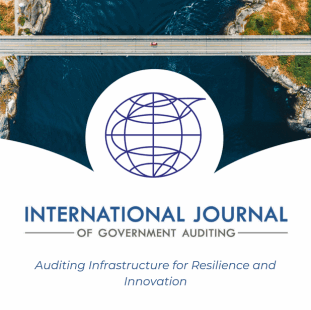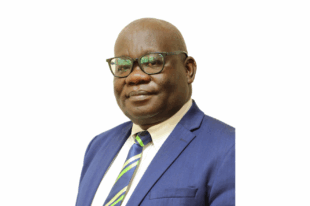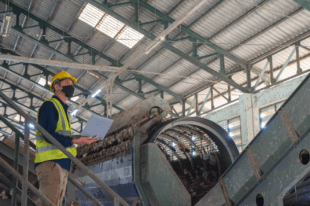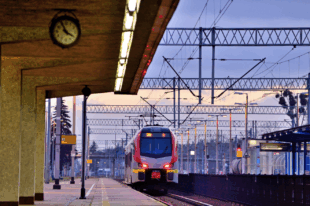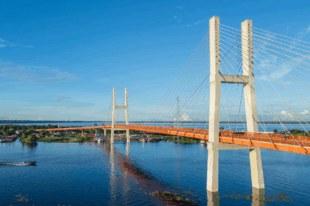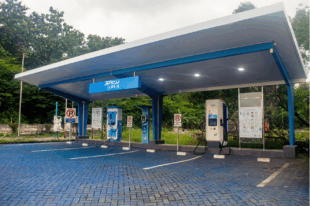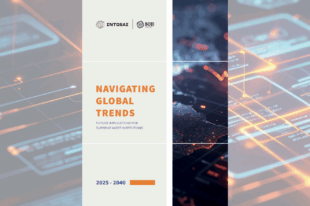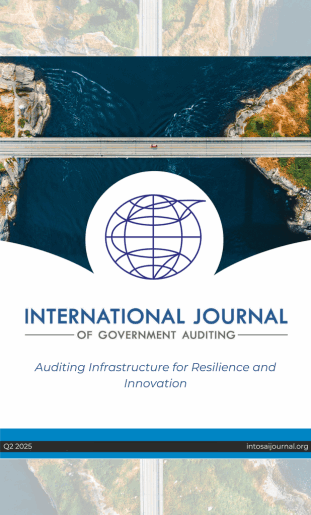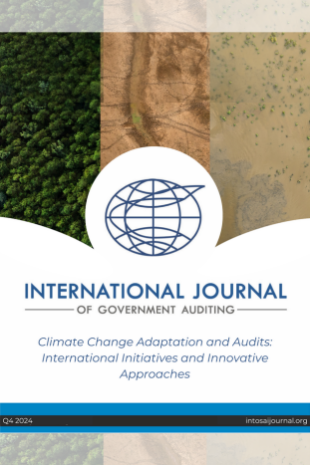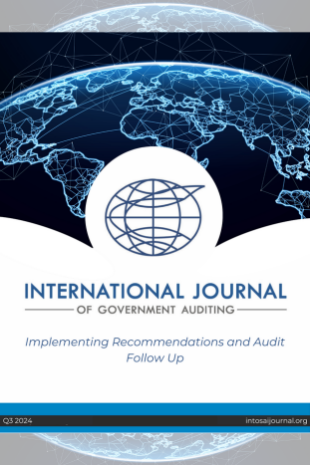Enhancing the Role of Auditing in Building a Safe and Resilient Water Network
In China, water security is considered a critical aspect of infrastructure, focusing on optimizing the water resource distribution system and improving the flood control and disaster mitigation system. In 2022, to accelerate the construction of a national water network and build a modern, high-quality water infrastructure network, and to comprehensively address issues of water resources, water ecology, water environment, and water disasters, the Chinese government issued the “National Water Network Construction Planning Outline” (hereinafter referred to as the “Water Network Plan”). In 2023, the National Audit Office of China carried out a special audit on construction and operation of major water diversion projects, aiming to assist in building a safe and resilient modern water network. The audit focused on revealing prominent problems in the construction and operation of major water diversion projects and finding out the systemic barriers, mechanistic defects, and institutional loopholes behind these issues. This article, based on relevant planning and constructions of the national water network, studies key areas that audits should focus on, and discusses experiences, practices of audit, and shares typical cases for reference.



